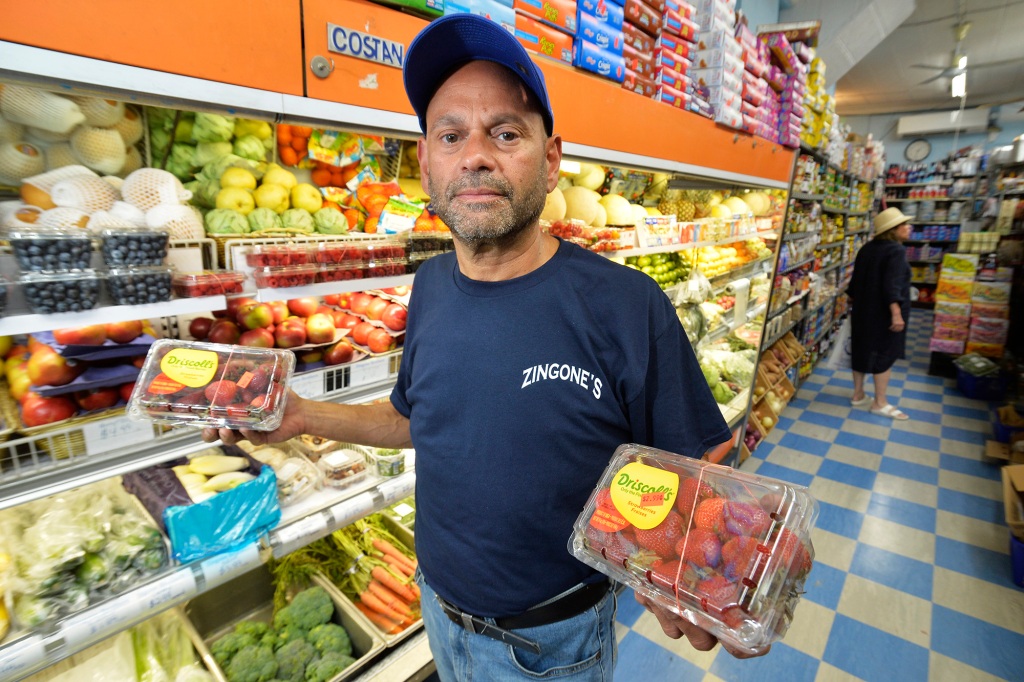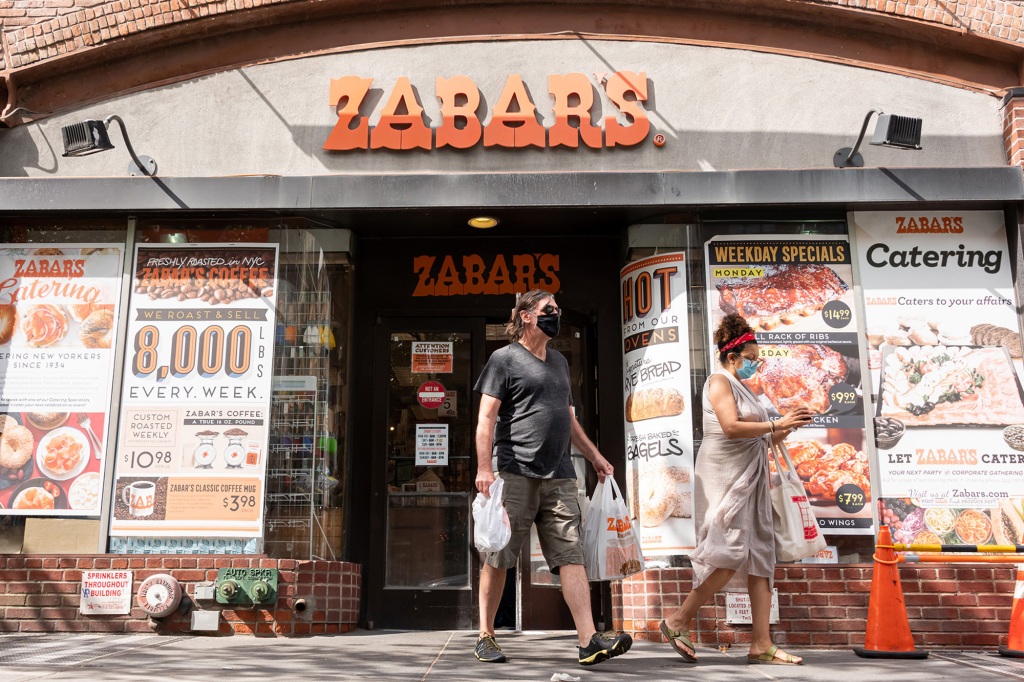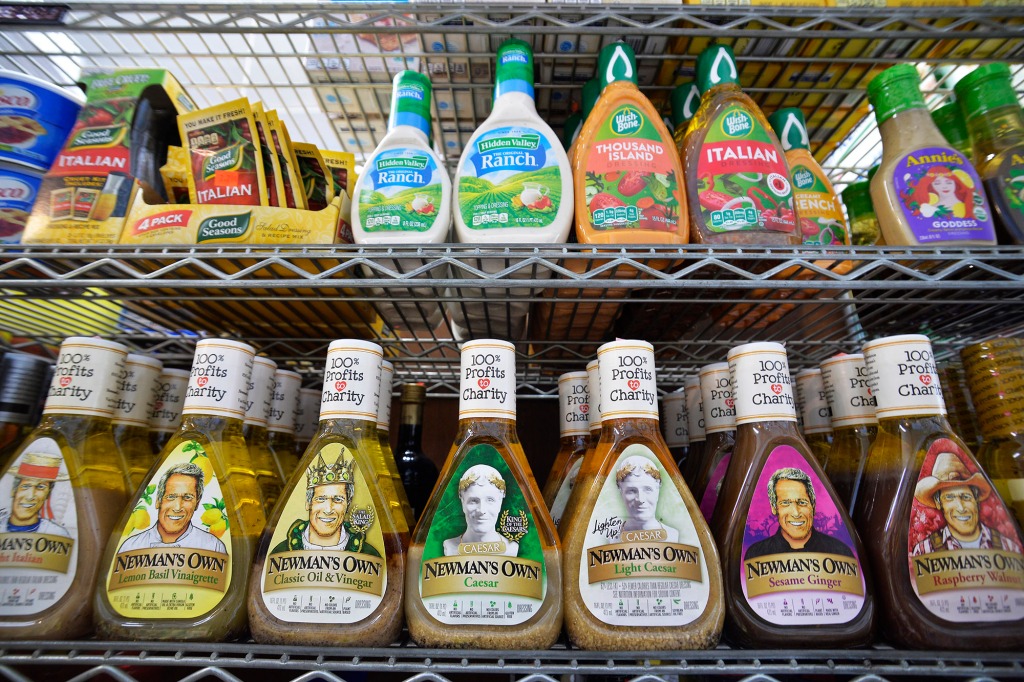These are the groceries that have avoided inflation
Put down the steak and eggs, and go for the fruits and veggies.
Thanks to the perfect storm of COVID-related supply chain embattlements and the Ukraine war, grocery stores prices are at record highs, with food prices up roughly 10% from a year ago, according to food economist and Michigan State associate professor David Ortega.
Some increases are especially hard to swallow: The price of meat and veal rose 12.3% from May 2021 to May 2022, according to the Bureau of Labor Statistics, while milk is up 15.9%, chicken has flown by 17.4% and eggs are cracking piggy banks with a 32.2% increase.
We’re seeing the “biggest increases we’ve seen in 40 years,” Ortega said.
But it’s not all dire. Other food items have seen little to no increase in local shops, and some are even cheaper than ever. Have a look.
Strawberries
At the Upper West Side’s Zingone Brothers, strawberries have come in “abnormally cheap” and are now just $2.99 per pint, down a dollar from $3.99, according to owner Richie Zingone.
While Zingone can’t put his finger on the root cause for their cost efficiency, he and Ortega speculate that there’s currently surplus in the market.
“We’re in summer season here in the northern hemisphere… we have a lot of product entering the market which helps keep prices down and [farms] aren’t having to potentially transport products long distance as they would in the winter months,” Ortega said.
Vegetables

Eat your veggies. Produce like cucumbers, potatoes and onions ($1.29, $.99 and $1.49 per pound, respectively) have also remained inflation-resistant for Zingone. And, nationwide, tomatoes have remained relatively cheap, inflating only by 2% from May 2021 to May 2022, according to BLS data. Ortega speculates that these deals are thanks to the same “in season” dynamic that strawberries are seeing.
Breads
In spite of breads rising 8.7% nationally over the past year, per the BLS, Scott Goldshine, general manager of Zabar’s on the Upper West Side, said the cost of his dough isn’t rising. Zabar’s signature sourdough rye bread sells for $6.98, only fluctuating a few cents in recent months.
Tea

Maybe it’s time to switch the source of your caffeine. While Goldshine has seen coffee go up more than 10% from his supplies — and java is up 15.3% across the nation according to the BLS — tea isn’t overheating. Store-brand loose teas at Zabar’s start at $7.49 and haven’t seen any significant price increase.
“It’s a more nonperishable product and issues of demand may also be in place. Consumers may not be demanding as much tea in the past,” Ortega said.
Pantry items

As a whole, dry goods such as cereal, pasta, crackers, chips, sauces and condiments aren’t seeing huge increases at Zabar’s.
“Some of them are up 10 to 20 cents, some 30, which in the scheme of [overall] increases is nowhere near that much [compared to products like dairy, eggs and meat] ,” Goldshine said.
Ortega said that having a longer shelf life is a big reason why dry goods have avoided a price surge.
“They’re able to absorb some of the [inflation] shock a little bit more than perishable things,” he said. “They could have been harvested — depending on the product that we’re talking about — prior to these costs going up for farmers and producers.”
Read the full article Here


